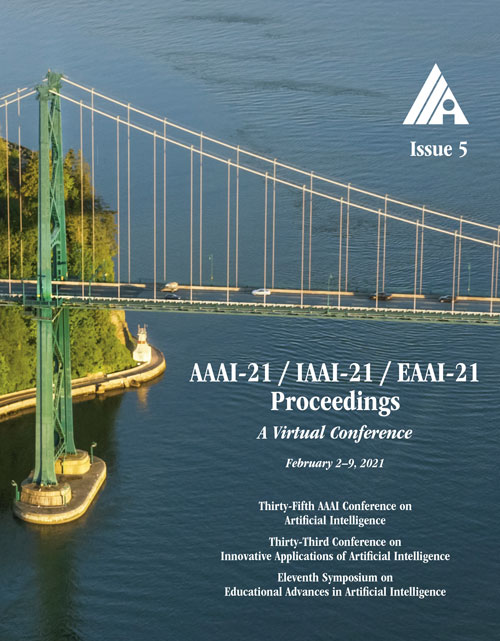Dual Sparse Attention Network For Session-based Recommendation
DOI:
https://doi.org/10.1609/aaai.v35i5.16593Keywords:
Recommender Systems & Collaborative FilteringAbstract
Session-based Recommendations recommend the next possible item for the user with anonymous sessions, whose challenge is that the user’s behavioral preference can only be analyzed in a limited sequence to meet their need. Recent advances evaluate the effectiveness of the attention mechanism in the session-based recommendation. However, two simplifying assumptions are made by most of these attention-based models. One is to regard the last-click as the query vector to denote the user’s current preference, and the other is to consider that all items within the session are favorable for the final result, including the effect of unrelated items (i.e., spurious user behaviors). In this paper, we propose a novel Dual Sparse Attention Network for the session-based recommendation called DSAN to address these shortcomings. In this proposed method, we explore a learned target item embedding to model the user’s current preference and apply an adaptively sparse transformation function to eliminate the effect of the unrelated items. Experimental results on two real public datasets show that the proposed method is superior to the state-of-the-art session-based recommendation algorithm in all tests and also demonstrate that not all actions within the session are useful. To make our results reproducible, we have published our code on https://github.com/SamHaoYuan/DSANForAAAI2021.Downloads
Published
2021-05-18
How to Cite
Yuan, J., Song, Z., Sun, M., Wang, X., & Zhao, W. X. (2021). Dual Sparse Attention Network For Session-based Recommendation. Proceedings of the AAAI Conference on Artificial Intelligence, 35(5), 4635-4643. https://doi.org/10.1609/aaai.v35i5.16593
Issue
Section
AAAI Technical Track on Data Mining and Knowledge Management

